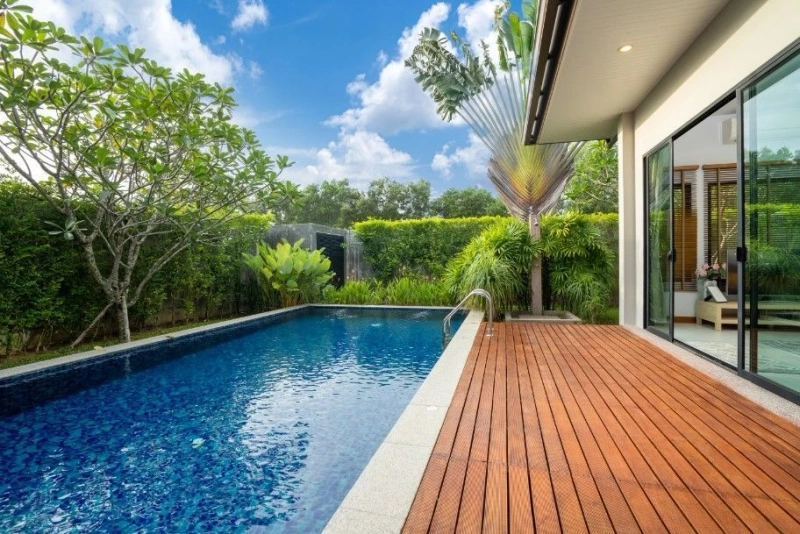Owning a gunite pool offers countless hours of relaxation and enjoyment, but maintaining its water quality is essential to ensure a safe and pleasant swimming experience. One crucial aspect of pool maintenance is balancing the hardness levels. In this article, we will explore the key steps and techniques to achieve optimal hardness balance in your gunite pool, ensuring crystal clear water and a longer lifespan for your pool.
Understand Pool Water Hardness
To effectively manage hardness levels, it is important to understand what it means. Hardness refers to the concentration of minerals, specifically calcium and magnesium, in the water. High hardness can lead to various issues such as scaling, cloudy water, and reduced effectiveness of sanitizers.
Test the Water
Regularly testing the water is the first step towards maintaining proper hardness levels. Use a reliable water testing kit to measure calcium hardness levels accurately. The ideal range for gunite pools is generally between 200 and 400 parts per million (ppm).
Adjusting Calcium Hardness
If the calcium hardness level is below the recommended range, it needs to be increased. Adding a calcium hardness increaser, such as calcium chloride, will raise the calcium concentration. Follow the manufacturer's instructions carefully to avoid overcorrection, which can lead to scaling.
Dealing with High Calcium Hardness
In the event of high calcium hardness levels, taking corrective measures becomes crucial. One option is to partially drain the pool and refill it with fresh water. However, this may not always be practical. Another method is using a chelating agent to help prevent scaling. Consult with a pool professional to determine the best course of action for your specific situation.
Balancing Other Factors
While focusing on calcium hardness, it's important not to neglect other crucial water chemistry parameters. pH, total alkalinity, and sanitizer levels also play a significant role in maintaining pool water balance. Regularly test and adjust these factors as well to achieve a harmonious water chemistry balance.
Consistent Maintenance
Keeping hardness levels balanced is an ongoing process. Regularly test the water and make adjustments as necessary to ensure the calcium hardness remains within the recommended range. Maintain a routine cleaning and maintenance schedule to prevent the buildup of minerals and other contaminants that can affect water quality.
Seek Professional Help
If you're unsure about managing hardness levels or if you encounter persistent issues, don't hesitate to consult a pool professional. They have the expertise to assess your pool's specific needs and provide tailored recommendations for maintaining proper hardness levels in your gunite pool.
Conclusion
Achieving and maintaining balanced hardness levels in your gunite pool is crucial for the longevity and enjoyment of your swimming pool. By understanding the importance of hardness, regular testing, and appropriate adjustments, you can ensure crystal clear water and a pleasurable swimming experience. Remember to maintain a holistic approach to water chemistry, encompassing pH, alkalinity, and sanitizer levels, and seek professional guidance when needed. With proper care and attention, you can enjoy a beautiful and well-balanced gunite pool for years to come.


